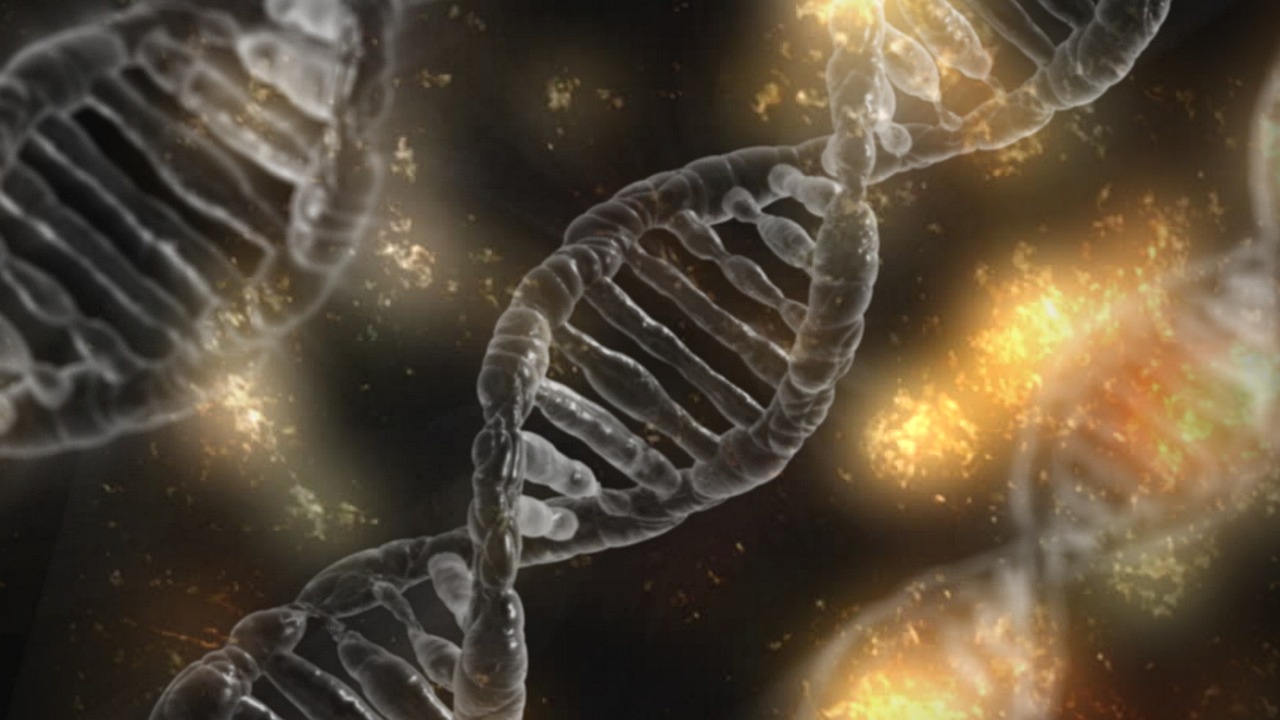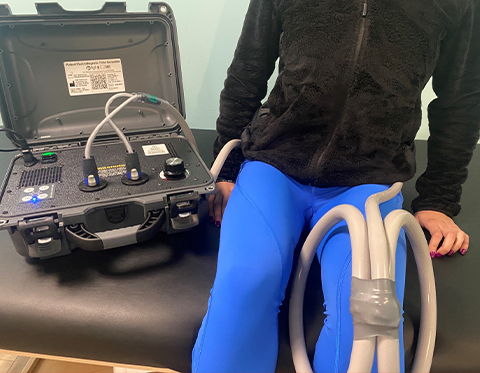

Studies show that about 10 new genetic tests enter the market daily, giving rise to tens of thousands of tests. Although the data derived from DNA tests may be exceptionally accurate, it’s not always beneficial. Understanding your genetic roots may be fascinating, but the results may fail to directly impact your day-to-day lifestyle unless you’ve decided to conduct a personal genealogy study.
However, DNA-based nutrition can help you obtain actionable information from your DNA composition. It typically entails gathering data regarding a specific gene and using it to improve your overall health and wellness. Read on to discover more on what DNA-based nutrition entails as well as how it can benefit your health.
On average, a person may end up trying over 126 fad diets during their lifetime to manage their weight. Although some of these diets may show results during the preliminary stages, they rarely prove effective in the long run. If the diet is ineffective, any results achieved may disappear within a year. However, this doesn’t imply that you can’t find the proper diet to support a healthy lifestyle. The truth is, there’s no one-size-fits-all nutrition since your body type is unique, which means that a diet that may have worked for your friend may fail to yield positive results if you decide to follow it.
Luckily, researchers have discovered that DNA nutrition can be used to create personalized diet plans derived from an in-depth analysis of your genes. DNA nutrition is often based on evaluating how over 100 aspects of your DNA’s sequence impact your overall health and susceptibility to disease. While fad diets recommend a plan for an entire population, DNA nutrition provides informed diet recommendations based on what’s known about your DNA composition. A DNA diet may entail recipes, organized meal plans, and a list of groceries you may need to maintain the plan.
After providing your DNA sample, a few areas of the DNA composition will be examined before you’re given a diet recommendation. Typically, your DNA-based nutrition may include the following;
If you’re advised to consider switching to a low-carb diet, you may need to increase your intake of protein to limit the number of carbohydrates you consume. The plan may also recommend taking more healthy fats and starchy vegetables, helping you reduce the level of sugar and fats in your body.
A balanced diet recommendation would require you to take different foods belonging to diverse food groups constantly. It may be an excellent option for you if you’re generally healthy and don’t struggle with any complex health issues such as high blood pressure.
Your DNA composition can significantly affect your general health and wellness. To put this into perspective, if one of your parents was diagnosed with an illness such as Huntington’s disease, there’s a 50 percent chance that you may be diagnosed with the disorder in the future.
Although your DNA composition can provide reliable insight into your likelihood to suffer hereditary diseases, it can help you understand other aspects of your life. These include your body’s metabolism, the probability of food intolerance, and allergies.
If you’re having trouble with weight management, your DNA test will focus on the genes responsible for this function. Analyzing these genes should help determine your;
Under such circumstances, if your body shows that you may have a moderate to high risk in any of these aspects, you may receive a diet recommendation based on the results obtained. For instance, if you’re at risk of developing addictive eating habits, a professional will advise you to consider taking foods that are rich in amino acids.
Conversely, if you’re at a high risk of experiencing excessive hunger, you can seek berries or other forms of antioxidant-rich foods whenever you crave something sweet. Additionally, if you have a hard time metabolizing glucose, taking fiber-rich foods such as apples and preparing meals using herbs may be recommended. This diet plan may also require getting lots of sleep and exercise.
Wonder how DNA-based nutrition can help you achieve a healthier body? Contact Touch-Free Wellness Spa. We have a body transformation program that includes DNA-based nutrition.



